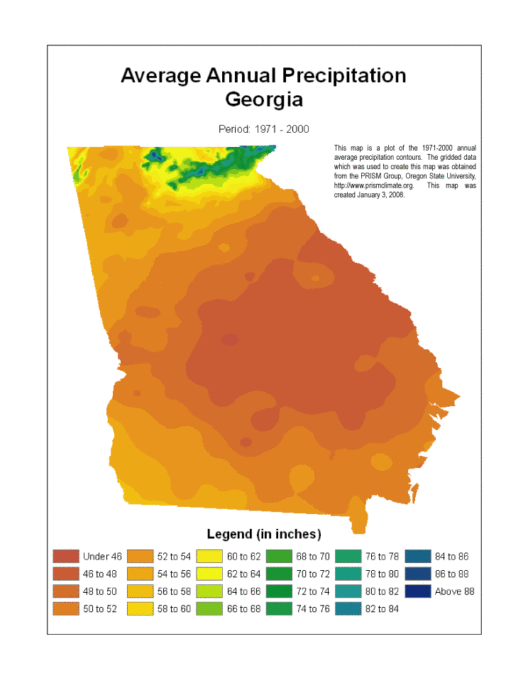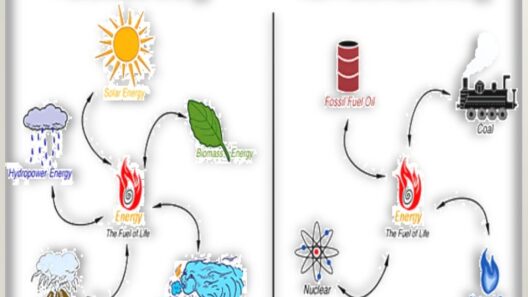In the ever-evolving landscape of automotive maintenance and sustainability, the question of whether Mobil 1 is energy conserving garners significant attention. By delving into the nuances of engine lubricants, consumers can better appreciate what these labels signify and how they pertain to energy conservation. This exploration begins with defining what is meant by “energy conserving” within the context of motor oils, particularly those produced by Mobil 1.
First and foremost, it is essential to demystify the term “energy conserving.” In practical terms, an energy-conserving lubricant is designed to reduce energy consumption during vehicle operation. This means that it can help improve fuel efficiency by mitigating engine friction and optimizing performance under various driving conditions. Mobil 1 touts numerous products that claim to fall under this designation, emphasizing the integration of advanced synthetic technology to achieve this goal.
Understanding the chemical composition of Mobil 1 products is pivotal. Mobil 1 uses a blend of base oils and performance additives to create lubricants that cater to a multitude of engine types. Synthetic oils, like those produced by Mobil 1, are often engineered to offer superior performance compared to conventional petroleum-based oils. One of the primary advantages of synthetic oils lies in their ability to maintain viscosity across a broad temperature range, thereby ensuring effective lubrication.
Furthermore, the American Petroleum Institute (API) and the International Lubricant Standardization and Approval Committee (ILSAC) have established a specification system for motor oils, which includes energy-conserving ratings. Mobil 1 products that meet these specific criteria, denoted by a symbol on the label, provide assurance that the product has undergone rigorous testing for its energy conservation capabilities.
An analysis of Mobil 1’s product lineup highlights their commitment to environmentally conscious manufacturing. For instance, the use of high-performance additives not only enhances engine life but also contributes to lower emissions. By facilitating more complete combustion of fuel, these oils help minimize the release of harmful pollutants into the atmosphere. This is particularly relevant in the current climate-conscious milieu, where consumers are increasingly seeking eco-friendly alternatives.
Moreover, another dimension worth exploring is the viscosity grades offered by Mobil 1 oils. Viscosity is a critical factor in the performance and efficiency of motor oil. Lower viscosity oils, such as 0W-20 and 5W-30, are becoming more prevalent, especially in newer vehicles. These formulations are engineered to provide adequate lubrication while reducing drag on the engine, thereby yielding improved fuel efficiency. Mobil 1’s multi-viscosity offerings excel in this regard, fostering an environment where energy conservation is a priority.
The adoption of advanced technology, such as their proprietary “advanced fuel economy” formulation, further underscores the brand’s dedication to energy efficiency. These specific blends have been scientifically designed to meet or exceed the stringent energy-conserving requirements laid out by the API and ILSAC. By utilizing these specially formulated oils, vehicle owners can enjoy tangible benefits, including prolonged engine life and reduced fuel consumption.
In tandem with conventional energy-conserving oils, Mobil 1 has also embraced the concept of long-lasting performance, often encapsulated under the term “extended drain intervals.” These lubricants are designed to last longer than traditional oils, reducing the frequency of oil changes. This not only minimizes waste—an aspect crucial for environmental sustainability—but also decreases the energy expended in the manufacturing and transportation of replacement oil. Thus, Mobil 1 effectively contributes to conservation on multiple fronts.
However, it is also important for consumers to approach motor oil choices with a critical mindset. The energy conservation benefits can vary based on driving habits, vehicle types, and maintenance practices. Regular maintenance, including timely oil changes, tire inflation checks, and air filter replacements, are all crucial components in achieving optimal fuel efficiency. No matter how advanced the motor oil, neglecting these fundamental practices can dilute the perceived benefits of even the best products.
In conclusion, Mobil 1 embodies a multifaceted approach to energy conservation within the automotive fluid industry. Through its meticulously formulated synthetic oils, compliance with international standards, and innovative technology, it offers consumers a viable pathway to enhance fuel efficiency and minimize their environmental footprint. Furthermore, by understanding the intricacies of the label and the science behind the formulations, consumers can make more informed decisions while contributing to a more sustainable future.
In summary, the conversation around whether Mobil 1 is energy conserving is not merely a question of marketing claims but extends into the realm of technological advancements and consumer responsibility. Embracing these innovative oil formulations provides a pragmatic approach to both enhancing vehicle performance and fostering environmental stewardship in our daily lives.








